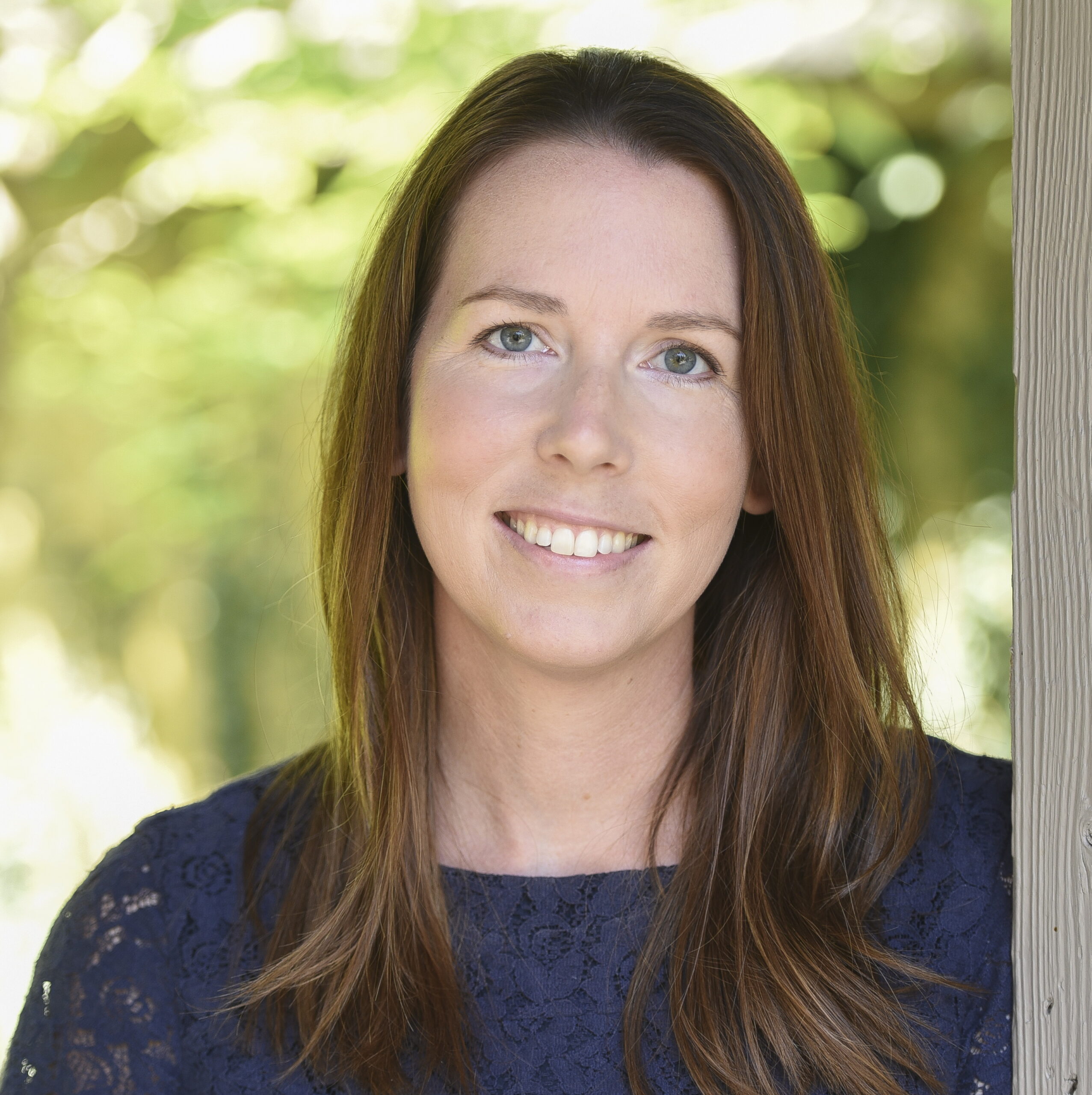About
The Cognitive Science Society brings together researchers from around the world who hold a common goal: understanding the nature of the human mind. The mission of the Society is to promote Cognitive Science as a discipline, and to foster scientific interchange among researchers in various areas of study, including Artificial Intelligence, Linguistics, Anthropology, Psychology, Neuroscience, Philosophy, and Education. The Society is a non-profit professional organization and its activities include sponsoring an annual conference and publishing the journals Cognitive Science and TopiCS.
Governing Board Members

President
(2019 - August 2027)
Charles Kemp
University of Melbourne
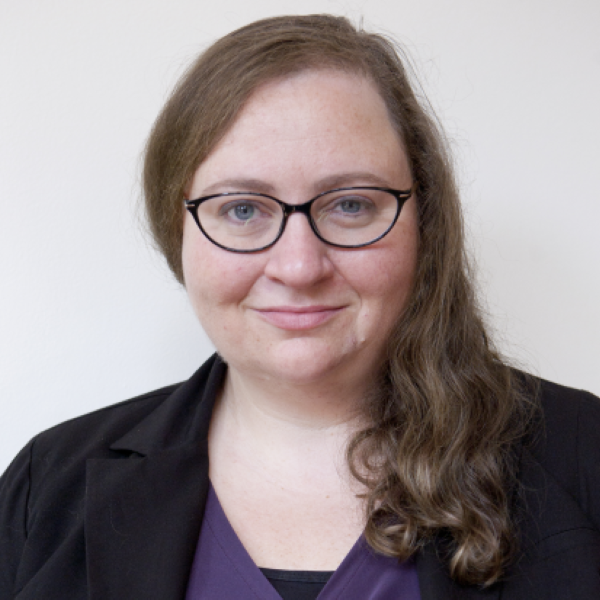
President-elect
(2020 – August 2028)
Arielle Borovsky
Purdue University

Past President
(2017 - August 2026)
Roger Levy
Massachusetts Institute of Technology
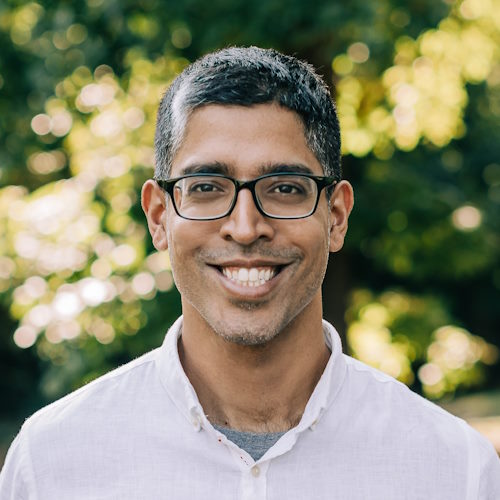
Board Member
(2025- August 2031)
Sudeep Bhatia
University of Pennsylvania

Board Member
(2024- August 2030)
Morten Christiansen
Cornell University
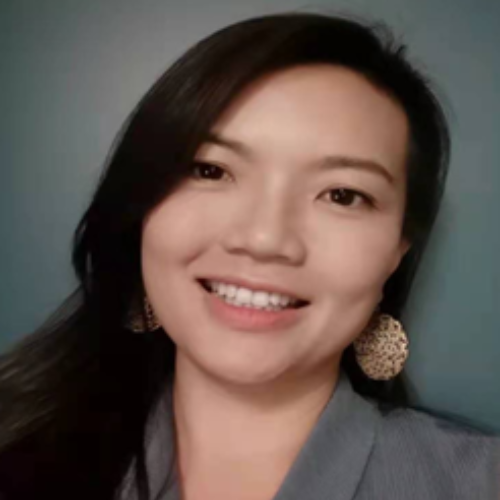
Board Member
(2024- August 2030)
Stella Christie
Tsinghua University
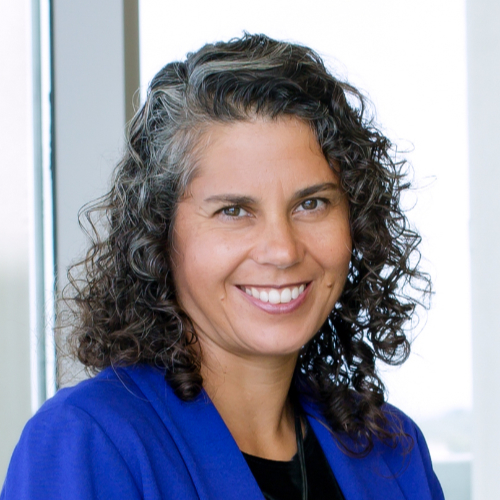
Board Member
(2024- August 2030)
Virginia de Sa
University of California, San Diego

Board Member
(2024- August 2030)
Jennifer Culbertson
University of Edinburgh
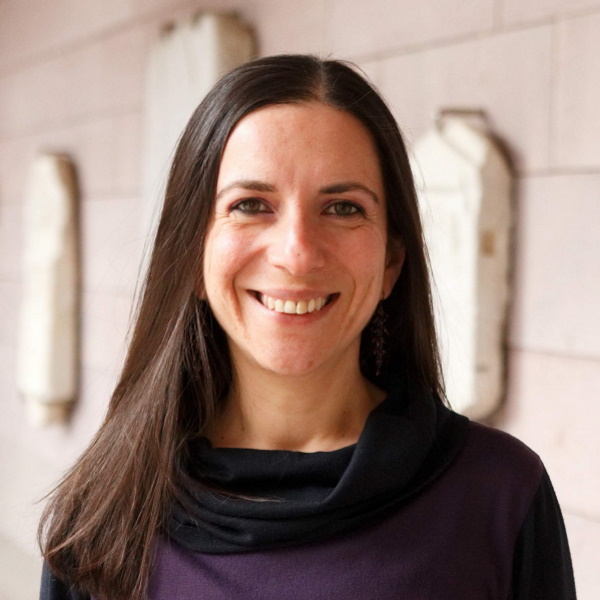
Board Member
(2021 - August, 2027)
Tilbe Göksun
Koç University

Board Member
(2022- August 2028)
Tom Griffiths
Princeton University

Board Member
(2022- August 2028)
Janet H. Hsiao
Hong Kong University of Science & Technology

Board Member
(2022- August 2026)
Ken McRae
University of Western Ontario
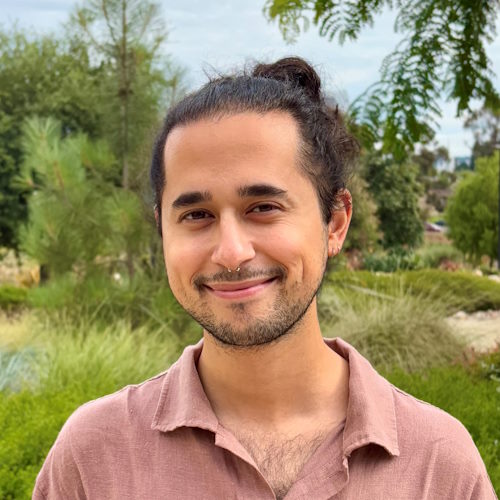
Board Member
(2025- August 2027)
Salih Ozdemir
University of California, San Diego
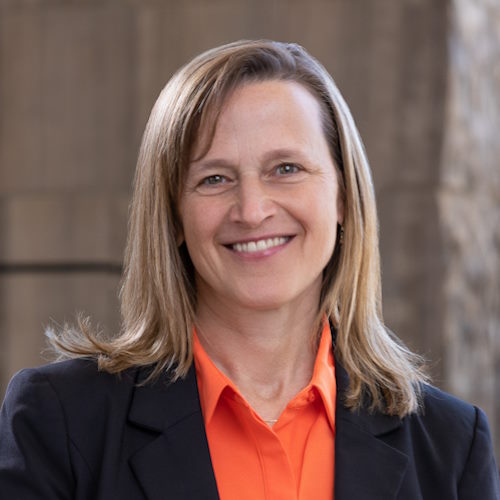
Board Member
(2025- August 2031)
Penny M. Pexman
Western University

Board Member
(2025- August 2031)
Jonathan Phillips
Dartmouth College
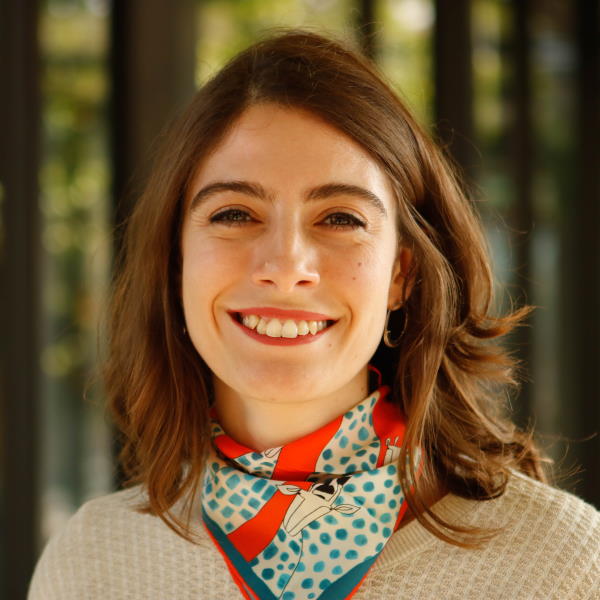
Board Member
(2022- August 2028)
Ercenur Ünal
Max Planck Institute for Psycholinguistics
Journal Executive Editors

Executive Editor
Cognitive Science Journal
Rick Dale
UCLA
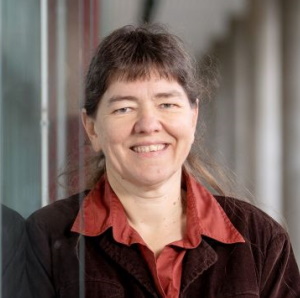
Executive Editor
TopiCS in Cognitive Science Journal
Andrea Bender
University of Bergen
Cognitive Science Society Staff
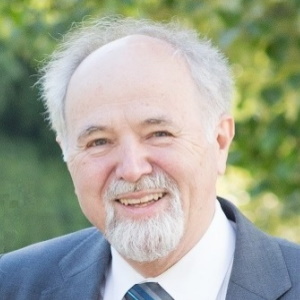
Treasurer
(2022 - Current)
Brett Martensen
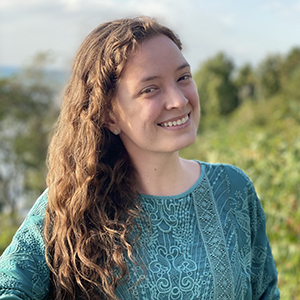
Outreach Coordinator
(March 2024 – Current)
University of Michigan

Content Production Manager
(February 2021 - Current)
Federal University of Juiz de Fora
Ex Officio Officers
Rumelhart Prize Committee Chair: Jesse Snedeker, Harvard University
Glushko Prize Committee Chair: Jessica Cantlon, Carnegie Mellon University
Elman Prize Committee Chair: Ken McRae, University of Western Ontario
Gleitman Prize Committee Chair: Barbara Landau, Johns Hopkins University
Committees
Code of Conduct
Charles Kemp (Chair)
Ginny De Sa
Penny Pexman
Communications
Arielle Borovsky
Morten Christiansen
Jonathan Phillips
Marcelo Viridiano
Mercury Zheng
Conference
Flo Anggoro
Sudeep Bhatia
Janet Hsiao
Desmond Ong
Andy Perfors
Lilia Rissman
Yang Xu
Diversity & Inclusion
Stella Christie
Teenie Matlock
Salih Ozdemir
Erica Wojcik
Elman Prize
Ginny de Sa
Fred Dick
Ken McRae
Andrea Chiba
Executive
Charles Kemp: President
Arielle Borovsky: President-Elect
Roger Levy: Past President
Stephanie Denison: Executive Officer
Brett Martensen: Treasurer
FABBS Representative
Fellows
Morten Christiansen
Stella Christie
Roger Levy
Josep Call
Nick Chater
Ned Block
Mutsumi Imai
Tamar Kushnir
Finance
Stephanie Denison
Robert J Glushko
Christoph Hölscher
Ken McRae
Gleitman Prize
Ulrike Hahn
Elissa Newport
Kia Nobre
Marlene Behrmann
Barbara Landau
Glushko Dissertation Prize
Natasha Kirkham (Chair)
Jennifer Culbertson
Todd Gureckis
Judy Kim
Alison Peterman
Governing Board Nominations
Sudeep Bhatia
Stephanie Denison
Tilbe Goksun
Hugh Rabagliati
Higher Education
Jonathan Phillips (co-chair)
Stella Christie
Jennifer Culbertson
Joe Kable
Industry Advisory Group
Jonathan Phillips
Membership
Sudeep Bhatia
Arielle Borovsky
Tilbe Goksun
Charles Kemp
Zaiyao Zhang
Alex He
Mentorship
Abhilasha Kumar (Co-Chair)
Outreach
Lauren Girouard-Hallam (Outreach Coordinator)
Analia Arevalo
Rick Dale
Anna Drummey
Janet Hsiao
Jennifer Misyak
Penny Pexman
Partnerships
Publications
Roger Levy
Kenny Smith
Ercenur Unal
Rumelhart Prize
Fiery Cushman
Robert J. Glushko
Asifa Majid
Steve T. Piantadosi
Kenny Smith
Sponsorship
Tom Griffiths (Chair)
Lori Holt
Eva Wittenberg
Student Committee
Salih Özdemir, University of California San Diego (Chair)
Julia Chauvet, Max Planck Institute for Psycholinguistics
Candice Koolhaas, UMass Boston
Trinidad Speranza, Pontificial University Santa María de los Buenos Aires
Jinhan Zhang, The Hong Kong University of Science and Technology
Our History
Society Creation
The Society was incorporated as a 501(c)(3) non-profit professional organization in Massachusetts in 1979. The organizing committee included Roger Schank, Allan Collins, Donald Norman, and a number of other scholars from psychology, linguistics, computer science, and philosophy.
Conference creation
The first conference on cognitive science was held at LaJolla, California in August, 1979, and has occurred annually since then. The proceedings of each conference are published, and those from most years are available through Lawrence Erlbaum Associates, Inc. The annual proceedings of the Cognitive Science Conference represent a major source of information on new work and new ideas in the scientific study of thinking. In 1990, the Society, with help from an anonymous donor, established the David Marr Prize for the best student paper at each annual meeting.
Journal creation
The Journal, Cognitive Science, began publication in 1976, and is now published by Wiley-Blackwell. The Executive Editor is currently Rick Dale, UCLA, and there are 18 Associate Editors and a 30-member editorial board. It serves as the premier outlet for research reports that intersect two or more disciplines. Copyrights for articles published in the journal are held by the Society. The Governing Board of the Cognitive Science Society voted in late 2006 to found a new journal, Topics in Cognitive Science (topiCS). The Editor in Chief is Andrea Bender, University of Bergen. The journal seeks to fill a niche not occupied by Cognitive Science Journal or other cognitive science journals. Membership in the Society includes a subscription to Cognitive Science and TopiCS. Copyrights for articles published in the journal are held by the Society.
Historical information may be found via a search in the Massachusetts registry.
Society bylaws
ARTICLE 1: NAME AND OBJECTIVE
The name of the Society is The Cognitive Science Society, Inc. The objectives of the Society are to promote Cognitive Science as a discipline and to foster scientific interchange among researchers in the Cognitive Sciences.
ARTICLE 2: MEMBERSHIP
Society membership is open to anyone engaged in scientific endeavors related to Cognitive Science. The Society retains the right to refuse membership to applicants for any or no reason.
The Governing Board will establish membership types, length & term of membership (i.e. one-year, two-year lengths, Jan 1 – Dec 31 terms), and membership dues. A member failing to pay dues shall, unless otherwise determined by the Governing Board, be considered to have resigned from the Society.
ARTICLE 3: GOVERNING BOARD
3.1 Objective: The Governing Board shall exercise general supervision over the affairs of the Society, subject to these Bylaws, as amended from time to time. The Governing Board shall have full and plenary power to conduct all business, undertake all activities, set all policies, and otherwise govern and control the operations of the Society. The Governing Board’s powers include, without limitation, the ability to conduct, control, or direct the following activities:
- Setting all policies and practices
- Conducting all business regarding publications
- Determining the composition, goals, and activities of committees
- Establishing rules or procedures regarding membership, officers, or governance, including without limitation setting election or recall procedures
- Supervising and directing the activities of the Executive Director or other managers, and establishing the duties of the same
The Governing Board has the ability and power to conduct any or all of its activities on its own behalf, or through delegates, committees, contractors, agents, or otherwise; delegated powers may be withdrawn or limited at any time at the sole discretion of the Governing Board.
3.2 The Governing Board shall consist of sixteen members (subject to the terms of these Bylaws),. Fifteen members are elected for staggered terms of six years each. Elected members of the Governing Board may not succeed themselves unless otherwise determined by the Governing Board or as provided in these Bylaws, such as in Sections 3.4 or 5.4. Upon request of the Governing Board, an Officer or Officers shall serve for an additional period of time on the Board as may be required to provide continuity with new Officers.
3.3 The sixteenth member of the Governing Board is a Graduate Student Representative elected for a 2-year term. The Graduate Student Representative has full voting rights. Like all members of the Governing Board, the Graduate Student Representative may participate in assigned committees and is expected to attend the annual meeting and Governing Board meetings.
3.4 Method of Election of Elected Representatives: The President is selected from among current Governing Board members and is elected by the Governing Board. Each elected President will serve for three years, where the first year is served as President-elect, the second as President, and the third as Past President. The President may not serve two consecutive terms. The President must be a member of the Governing Board at the time he or she becomes President-Elect. The term of the President as a member of the Governing Board shall be extended if necessary, to cover the whole of their period as President-Elect, President, and Past President. The President shall preside at meetings of the Governing Board and at the Annual Business Meeting.
3.5 Committee Appointments: The Governing Board shall from time to time appoint such committees as it deems necessary to conduct the affairs of the Society.
ARTICLE 4: OFFICERS
4.1 The officers of the Society shall be (a) the President, (b) the President-Elect, (c) the Past President, (d) the Treasurer, and (e) the Executive Officer.
4.2 The Treasurer of the Society shall be the President of the Finance Committee. The Treasurer shall be elected by the Governing Board.
4.3 The Executive Officer shall be elected by the Governing Board to serve a term of three years. The Governing Board may remove the current Executive Officer by a majority vote, at any time and with termination to be effective on a date set by the Governing Board. There shall be no fixed limit on the number of terms the Executive Officer may serve. The Executive Officer shall be responsible for overseeing the day-to-day operations of the Society as directed by the Governing Board. The Executive Officer is expected to attend and participate in all meetings of the Governing Board, but the Executive Officer is not a member of the Governing Board and may not vote upon any matters before the Governing Board.
ARTICLE 5: ELECTIONS
5.1 Once each year, the Executive Officer shall canvass the membership for nominations of members to serve on the Governing Board. A nominee must have been a member of the Society for at least 3 (not necessarily consecutive) years. A Graduate Student Representative nominee does not need to meet the 3-year membership requirement but must be a current member of the Society.
5.2 Unless otherwise determined by the Governing Board, the nominations committee of the Governing Board will select candidates for election by choosing among those nominated by the membership up to a total of three times the number of vacancies and present the candidates in a report to the Governing Board for approval. Once the full Governing Board has approved the report of the nominations committee, the names shall be placed on an election ballot, which shall be circulated to all members.
5.3 Unless otherwise determined by the Governing Board, twenty-one (21) days after the circulation of the election ballot, the election shall be closed, and the ballots counted. The members receiving the greatest number of votes shall be deemed elected to fill the vacancies on the Governing Board. In case of ties, the then-current President of the Governing Board shall cast the deciding ballot.
5.4 Unless otherwise determined by the Governing Board, in the case of resignation, recall, or death of a member of the Governing Board, the resulting special vacancy shall be filled in conformity with Sections 1, 2, and 3 of this Article above, at the time of the next scheduled election. The special vacancies shall be filled last, with the nominees receiving the most votes filling the regular vacancies. Members elected to fill special vacancies shall only serve the unfilled term of office of that vacancy. However, those members are then eligible for re-election. In the event of a vacancy of one year or less, the Governing Board may appoint a member to serve the unfilled term.
5.5 Each year, if there is no non-North American member of the Governing Board whose term on the Governing Board extends beyond that year, then one seat on the Governing Board will be designated for a non-North American member, who will be elected in conformity with Sections 1, 2, and 3 above, provided that nominations and candidates shall be limited to members not residing in North America, or meeting such other criteria as the Governing Board may designate.
ARTICLE 6: ELECTION RECALL
Upon petition of 10% of the membership, or if otherwise approved by the Governing Board, an election will be held on proposals for the recall of one or more members of the Governing Board. A recall will be effective upon a majority vote of the members. The recalled Governing Board members shall be replaced in accordance with the election or appointment procedures prescribed in Article 5.
ARTICLE 7: MEETINGS
7.1 The Society shall hold scientific meetings at times and places determined by the Governing Board. One of the meetings shall be designated the Annual Meeting of the Cognitive Science Society.
7.2 An Annual Business Meeting shall be held in conjunction with the Annual Meeting. Only members of the Society may vote at the Annual Business Meeting. Motions (other than motions to amend the Bylaws, which are addressed in Article 9 below) at the Annual Business Meeting require a simple majority of members for passage.
7.3 The President shall convene a meeting of the Governing Board at least once a year to discuss Society business.
ARTICLE 8: PUBLICATIONS
The Society shall publish such programs, abstracts of scientific papers, and lists of membership, as the Governing Board shall authorize. The Governing Board shall oversee the publication of scientific journals related to the mission of the Society, delegating responsibilities therefor as it sees fit.
ARTICLE 9: AMENDMENTS
The Governing Board shall consider any amendments to the Bylaws proposed by the Governing Board itself or the membership. If an amendment passes a vote with a two-thirds majority of the Governing Board, it should be presented to the membership for a vote. The amendment then may pass if it obtains a majority of votes cast.
ARTICLE 10: CORPORATE SEAL
The corporate seal of the corporation shall consist of the words “The Cognitive Science Society, Inc. Corporate Seal” and may be affixed to any document by writing, typewriting, impression, or other means.
ARTICLE 11: FISCAL MANAGEMENT
The fiscal year of the Society shall be the calendar year, i.e., January 1 to December 31. A year-end financial report of the Society shall be prepared by the Treasurer (with the assistance of any applicable business manager) annually and presented to the Governing Board for approval.
The approved annual financial reports will be presented at the Annual Meeting to the membership.
The Society shall have an audit performed roughly (and no less than) every 5 years.
(Last updated March 2025)
